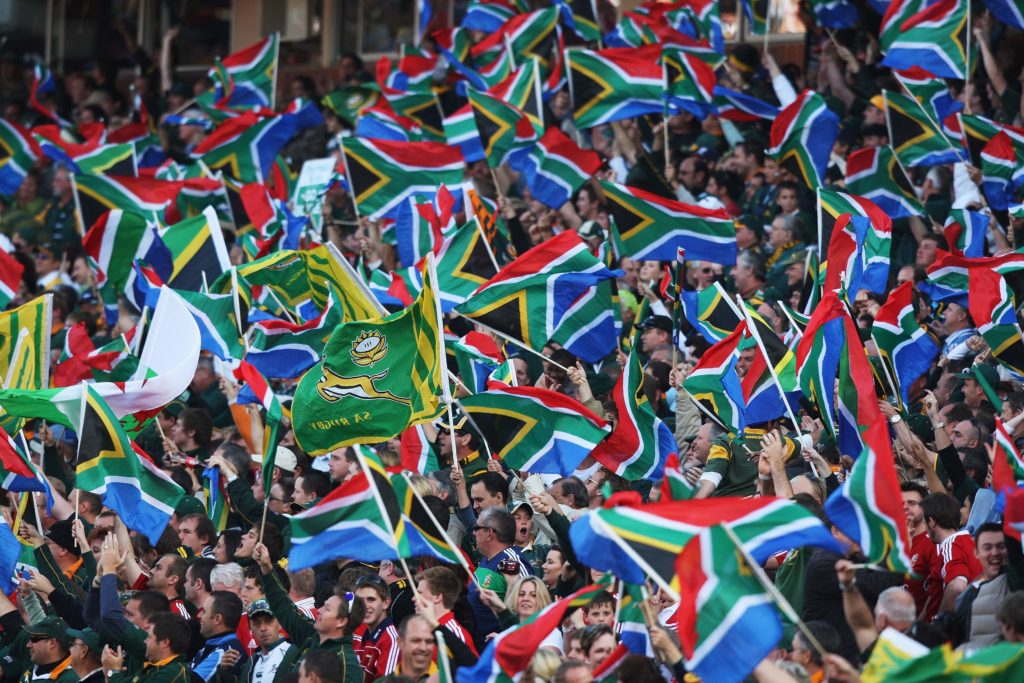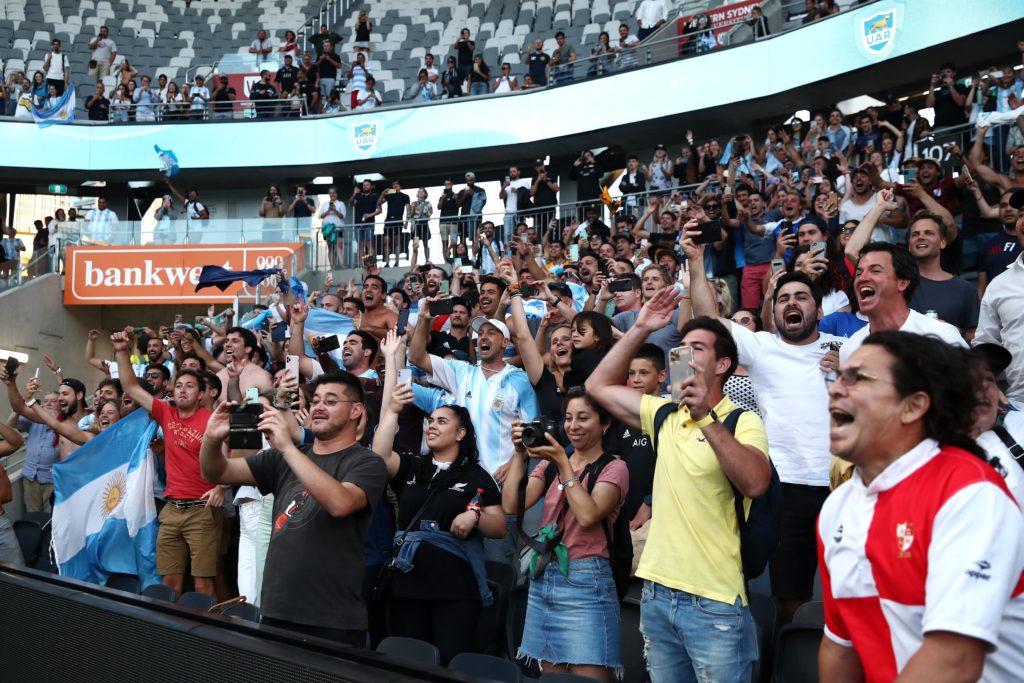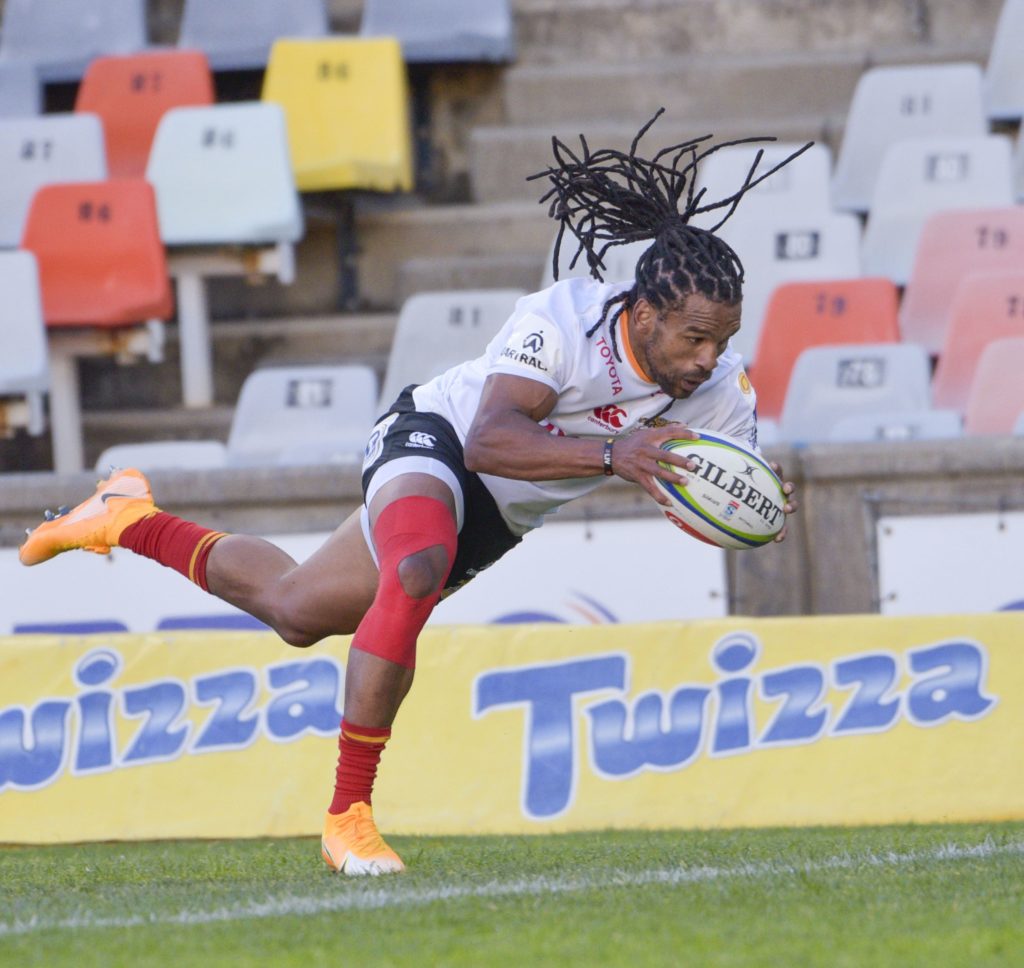The global lockdown has taught us to appreciate the game in any way, shape or form. More recently, a well-supported Tri-Nations tournament in Australia has reminded us about the role that fans have to play in live sport.
Every big play is punctuated by a reaction. Every decision is scrutinised by thousands of referees in the stands and the mood of the masses is expressed via a cheer or jeer. The crowd plays its part in providing a contest with more colour and meaning.
Those who attended the 2015 World Cup clash between Japan and South Africa in Brighton will know what I’m talking about. The atmosphere inside the ground in the final moments – after Japan turned down a draw and pushed for a historic victory – was nothing short of electrifying.
Whether you were Japanese, South African or a neutral observer, you were compelled to rise from your seat and watch the final minutes of the game on your feet. Afterwards, players on both sides admitted that they’d been affected by the energy inside the stadium. A few South African fans revealed that they’d joined their Japanese counterparts in cheering for the Brave Blossoms at the death.
In 2009, the Boks channeled the energy of the crowd at Loftus Versfeld to beat the British & Irish Lions and clinch the three-match series. Afterwards, the victorious South Africans sent a shout-out to their fans for giving them an edge in what is still remembered as one of the most intense battles of the professional era.

Every game is to an extent affected by the support in the stands. The 9,000 spectators who watched Argentina record their first-ever win against the All Blacks in Sydney certainly played their part in marking the occasion as one to remember.
The Tri-Nations has served up a series of dramatic contests and shock results. It has been a success in the sense that Australia and Argentina have humbled the mighty All Blacks and forced a rethink regarding New Zealand’s standing in the game.
For those of us living in South Africa – a country subjected to one of the strictest lockdowns on the planet – the Tri-Nations has provided a few reminders of what we’re missing.
What’s more, these fiercely contested clashes have played out in front of big, exuberant crowds – a sign of progress given that global sporting events were banned only a few months ago and are still being staged behind closed doors in most countries.
For those of us living in South Africa – a country subjected to one of the strictest lockdowns on the planet – the Tri-Nations has provided a few reminders of what we’re missing.
Last month, SA Rugby decided not to send the Springboks to the Rugby Championship for player-welfare reasons. The decision was lauded by some and criticised by others at the time – and the debate reignited after an undercooked Argentina went on to beat the All Blacks in their first Test post-lockdown.

Some have asked what the Boks might have achieved in the short and long term if they had been cleared to travel to Australia for the Rugby Championship. Some feel that the Boks have missed an opportunity to play a lacklustre and ill-disciplined All Blacks side who are struggling to gel under a new coaching team.
What we know for sure is that the Boks won’t have the opportunity to test their strength before facing the Lions next July. New coach Jacques Nienaber won’t have the chance to blood new players against the top southern-hemisphere teams and won’t have the chance to bolster the depth of his squad.
The Boks haven’t played a Test since winning the 2019 World Cup final and, unless a series of friendlies is arranged for early 2021, they will go into the all-important series against the Lions dangerously underdone.
On the back of the decision to ground the Boks, local players shifted their focus to Super Rugby Unlocked – a makeshift domestic tournament staged in empty stadiums. Attending these matches as a member of the media has been a surreal experience.
No braais on the outer fields before kick-off; no tailgating in the areas surrounding the stadiums; no banter between opposing fans in the beer gardens.
The fans that usually populate the stadia and perpetuate a unique South African culture and energy have been conspicuous by their absence. No braais on the outer fields before kick-off; no tailgating in the areas surrounding the stadiums; no banter between opposing fans in the beer gardens.
It just hasn’t felt like rugby as we know it down here in South Africa.
Springbok forwards such as Duane Vermeulen have brought the thunder over the course of the tournament. Lightning-quick backs such as Rosko Specman and Warrick Gelant have laid opposition defences to waste. And yet, in spite of these sparkling individual performances, the Super Rugby Unlocked tournament has boasted all the atmosphere and relevance of a dull pre-season series.

Rugby is back in New Zealand and Australia, and the Tri-Nations has certainly produced the most complete package of the sport considering the games have been staged in front of thousands of passionate fans. Is rugby well and truly back in South Africa? While the players are back on the park, it feels as if the game is still in limbo.
Covid-19 restrictions remain in place. Fans cannot attend matches. While a handful of journalists have been granted access to stadia, they have not been granted face-to-face access to coaches and players for interviews after the final whistle.
Substitutes wear masks while they are sitting on the bench and while they are warming up. The authorities remain wary of a spike in coronavirus cases that may lead to the cancellation of fixtures. Two matches in Super Rugby Unlocked have already been affected after several players tested positive for Covid-19.
It’s hoped that the Currie Cup, set to run from Friday to January 23, will witness a return to normality. The domestic tournament will be staged during the height of the South African summer and the players will need to adjust their approach to deal with the searing heat.
The biggest concern, however, is the Covid-19 situation in the country. Hopefully that situation will improve with the weather, and fans will get the green light to return to the stadiums.
It just isn’t rugby without them.
More South Africa stories
If you’ve enjoyed this article, please share it with friends or on social media. We rely solely on new subscribers to fund high-quality journalism and appreciate you sharing this so we can continue to grow, produce more quality content and support our writers.



Comments
Join free and tell us what you really think!
Sign up for free